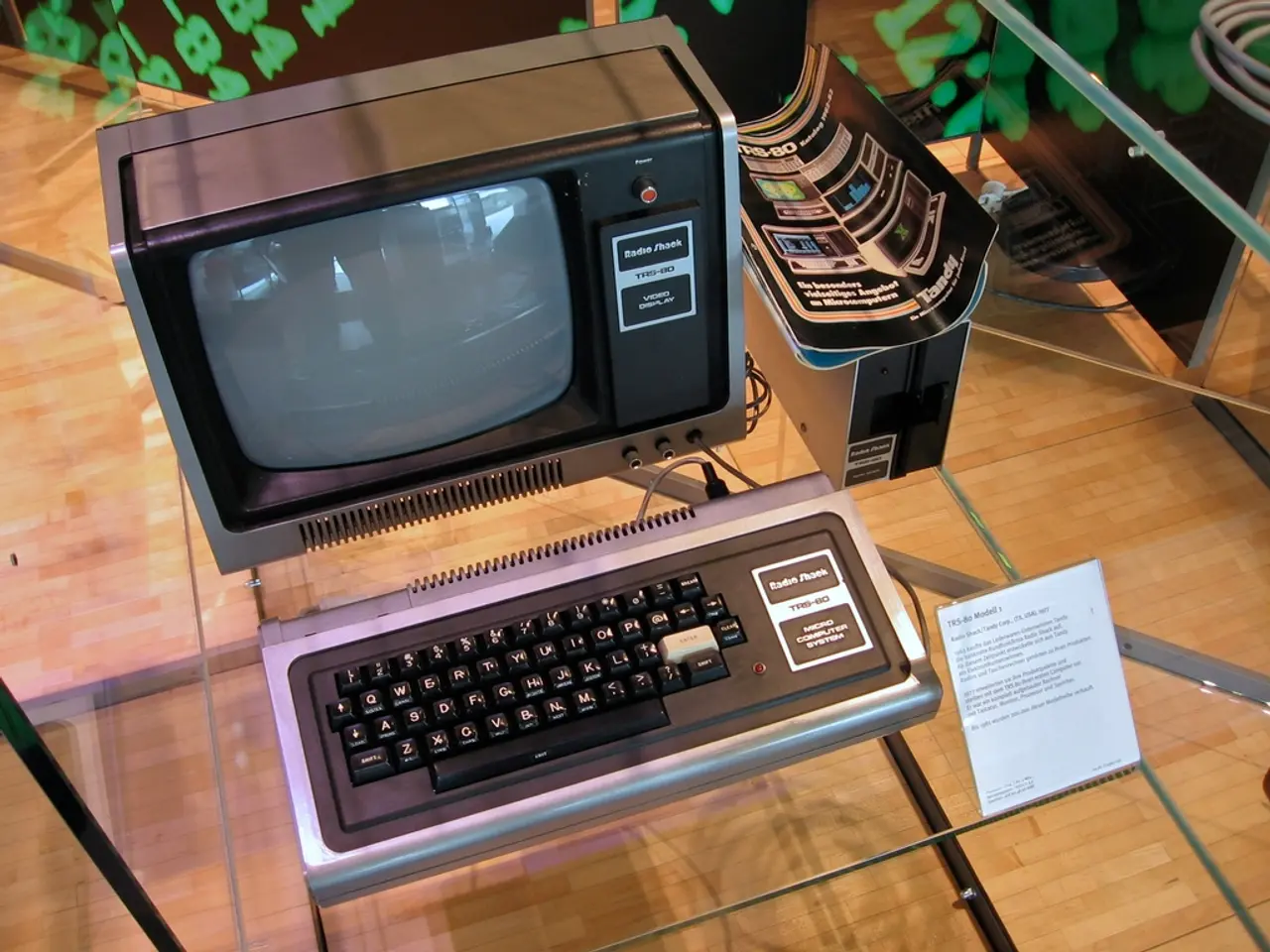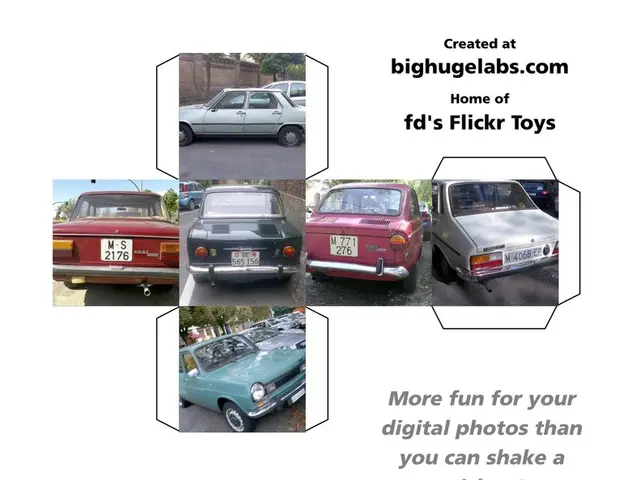British innovation company designs quantum computer using same semiconductor manufacturing process as typical laptop or smartphone
The UK's National Quantum Computing Centre (NQCC) has received a game-changing addition with the installation of a quantum computer developed by London-based startup, Quantum Motion. This quantum computer offers scalable quantum computing technology, marking a significant step forward in bringing quantum computing to the mainstream.
At the heart of this quantum computer is the Quantum Processing Unit (QPU), based on silicon technology. The QPU is equipped with a user interface and control stack that supports existing software frameworks like Qiskit and Cirq, making it easier for developers to build and run quantum workloads without needing extensive knowledge of quantum computing.
The development of this quantum computer was done in association with the UK government, which is pushing for the commercialization of scalable quantum hardware. The three-rack system, launched on September 15, is designed to be modular, allowing for upgrades to a larger QPU without altering its physical footprint.
While quantum computing is still in its infancy, it has the potential to revolutionize various industries with its unprecedented computational power. However, at the time of writing, no data regarding the performance, early benchmarks, or error mitigation of the QPU is available.
One of the key innovations in Quantum Motion's quantum computer is the use of cryoelectronics to connect the qubits to the control circuits. These circuits operate at very low temperatures, a challenge that has been addressed by Quantum Motion's advanced cooling technology.
The system is fitted in a data center-friendly form factor and includes a dilution refrigerator and integrated control electronics. The convenience offered by the QPU's user-friendly design allows for the quantum computer to be integrated into standard data centers with ease.
The quantum computer developed by Quantum Motion is based on the standard complementary metal-oxide-semiconductor (CMOS) chip fabrication process, the same process used in computers and smartphones. This could potentially make quantum computers more accessible and affordable, with the hardware consisting of 300mm silicon CMOS wafer technology, which is mass-manufacturable and could potentially become common in households.
According to Quantum Motion's CEO, James Palles‐Dimmock, the quantum computer can be fabricated in commercial foundries, demonstrating that a robust, functional quantum computer can be built using scalable technology that can be mass-produced. This development, led by Dr. Alexander Glätzle, the founder and CEO of Quantum Motion, has the potential to surpass even the fastest supercomputers, enabling calculations and simulations that are currently beyond reach.
While the future of quantum computing is still uncertain, the installation of Quantum Motion's quantum computer at the NQCC is a testament to the UK's commitment to leading the way in quantum technology. With its scalable design and user-friendly interface, this quantum computer is set to revolutionize the field and bring us one step closer to the vision of a quantum computer on a chip.
Read also:
- Solar energy company, Imperium, alongside QORAY Mobility & Energies Solar Business, bolsters Nigeria's environmental future by producing superior solar panels domestically and offering flexible payment options.
- AI Inspection Company, Zeitview, Secures $60 Million Funding for Expansion
- Tension between Trump and Elon Musk subsides as he retracts promise to withdraw federal funding from his businesses
- Escalating energy needs thwarting advancements in climate action for American utility companies








